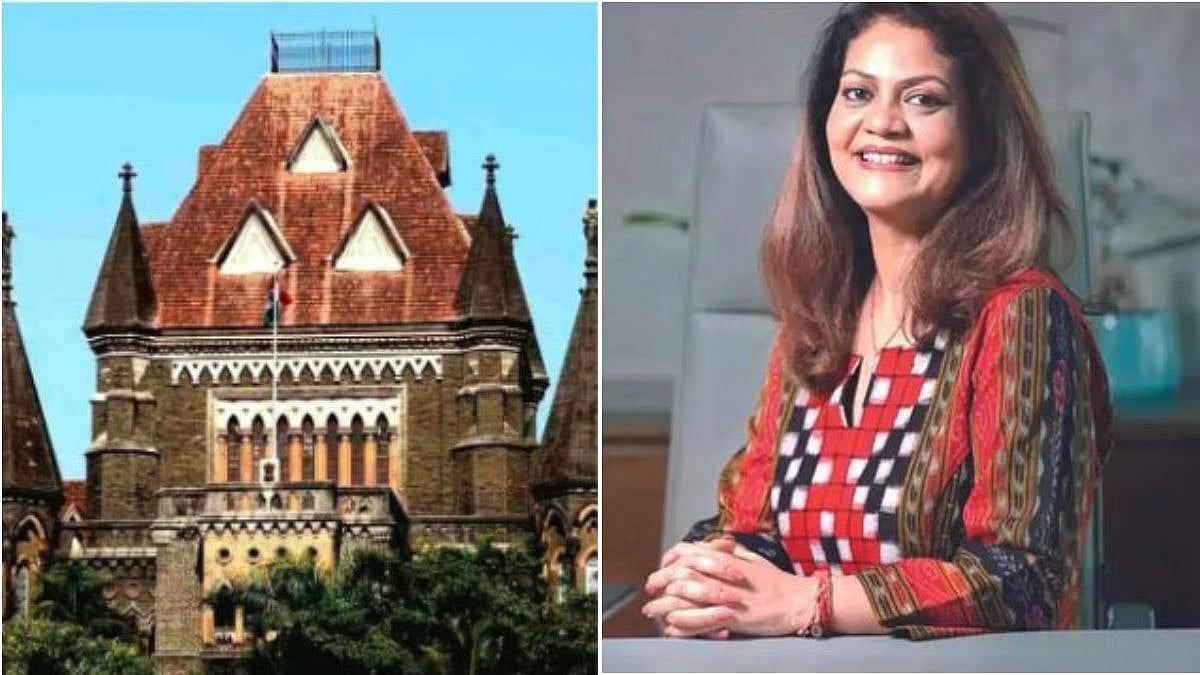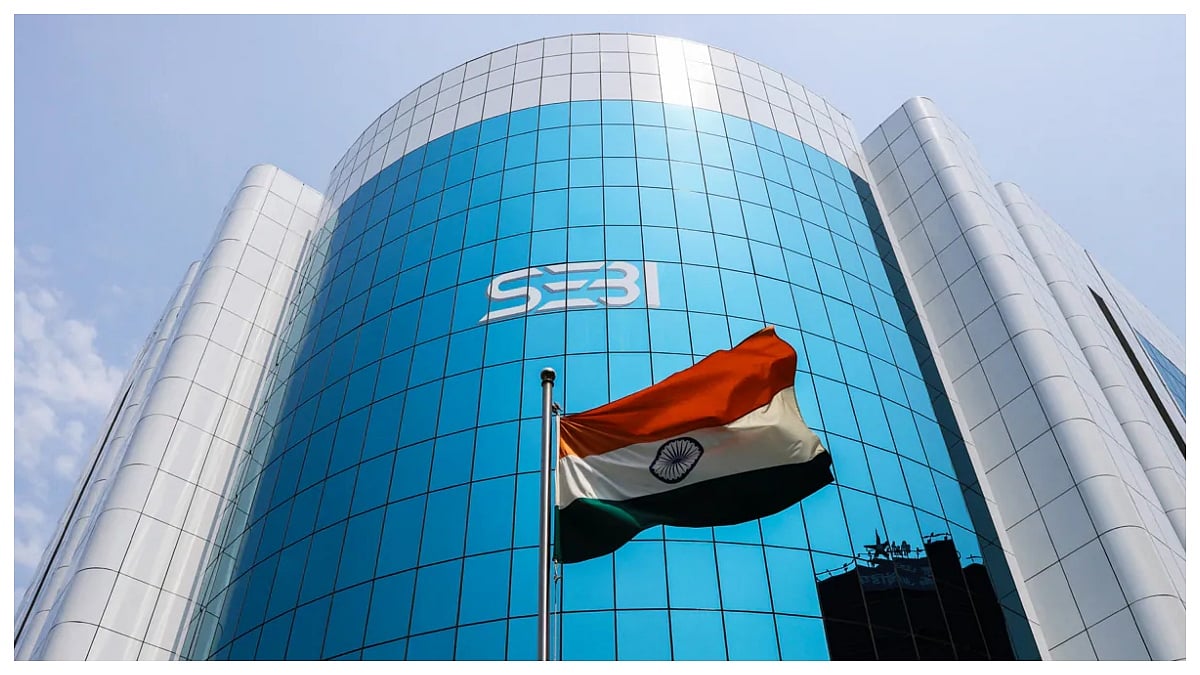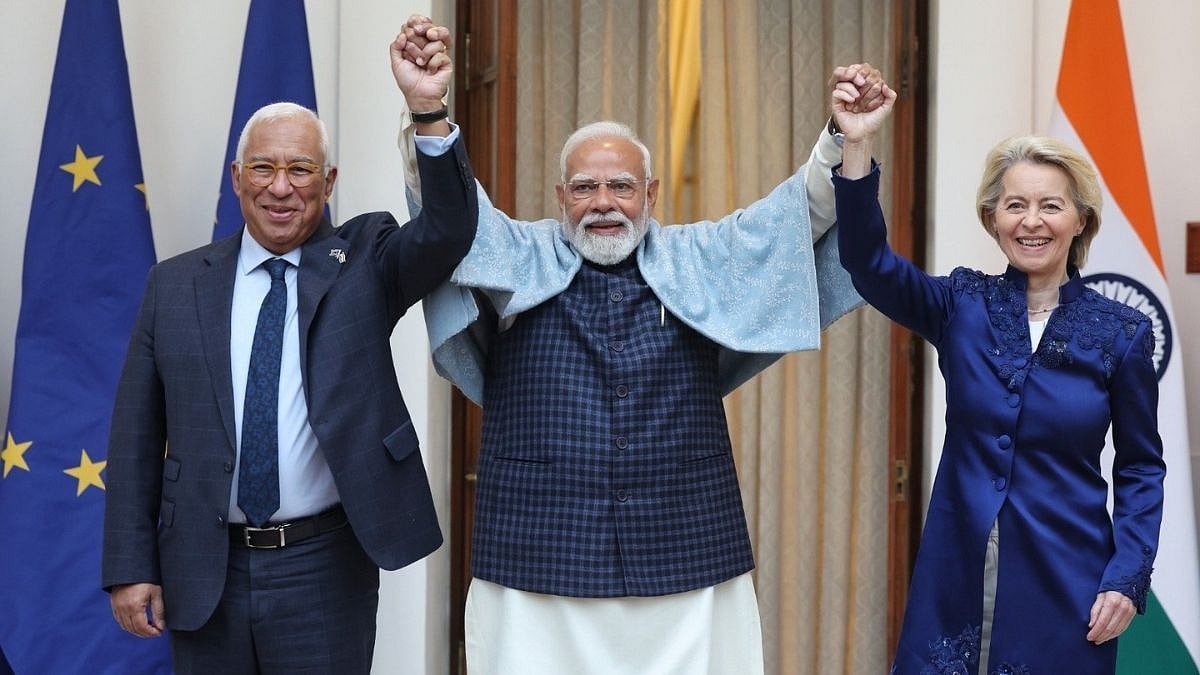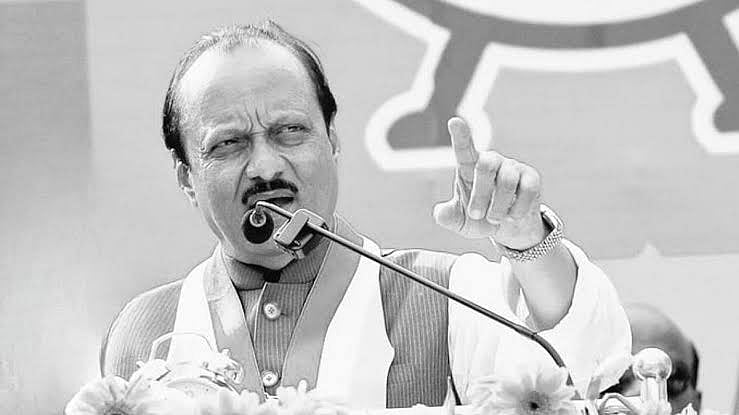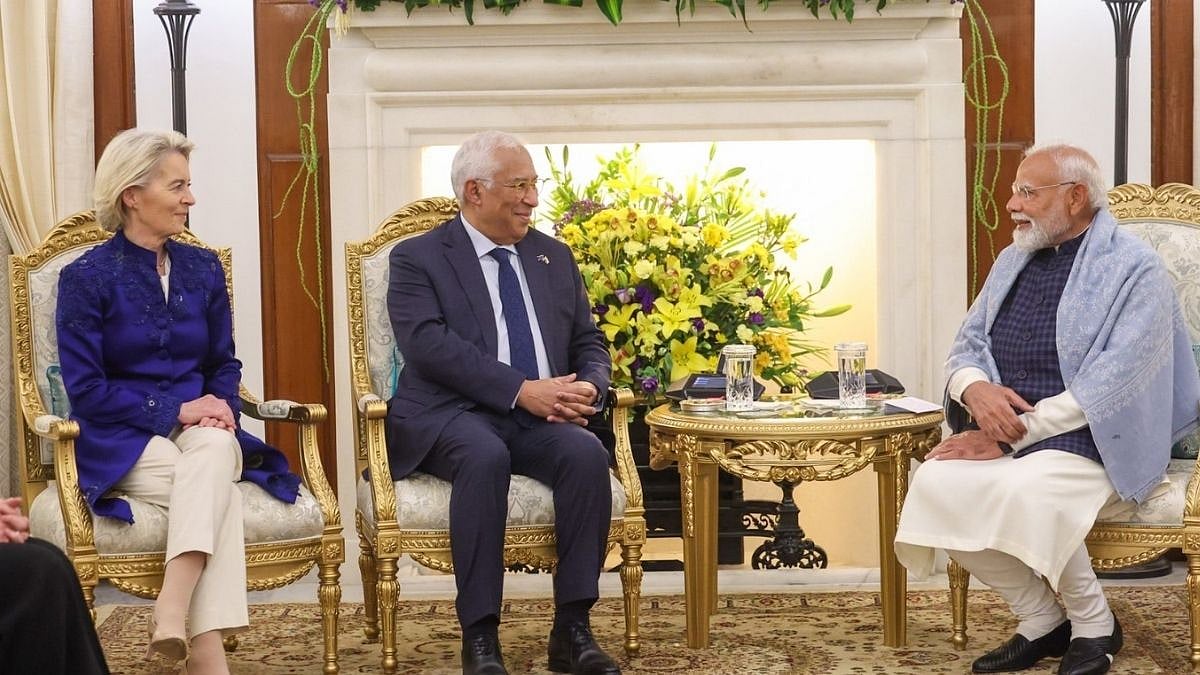The Balasore railway tragedy raises some serious issues on the subject of public choice. The accident has sparked the usual blame game with fingers being pointed everywhere. Quite expectedly there is noise on the Minister taking responsibility and resigning, even though that will not change the equation. Setting up an enquiry to find the reason is more pragmatic especially if it is directed at systems failure rather than specific people. The latter won’t serve any purpose for taking any corrective action and will satisfy the establishment that action has been taken. There is talk that the ones responsible for the accident have been identified. How does that help? We need to go back to basics.
The main issue pertains to what are the nation’s priorities and who draws them up? The problem with a democracy is that it is not possible for 1400 million people to decide on everything and just like how companies have a Board that oversees the management to address the principal-agent conflict, it is the Members of Parliament who take the decisions. Therefore what is called public choice is really the choice of the government in power or the MPs who run this entity.
There has been change in ideology of late where public services and amenities are supposed to not exactly be a ‘public good’ but one where users pay for the service. There was a time when infrastructure was supposed to be taken on by the government because of people not being willing to pay for the same. Now the logic is that everything has to be paid for and there is no room for the ‘free rider’. As this cannot be made universal given that around 60% of the population is disadvantaged (based on the arithmetic that 800 mn people were provided free food during the pandemic as they were considered to be poor), there is dualism in the provision of services. For those who pay for services, the best in class is provided. For the others the same service comes at a quality which befits the price paid.
And if people are paying for a service, they need to get the best quality. Therefore the tilt is on having grand express ways, airports and trains (Vande Bharat and bullet trains), which are comparable to the best in the world. This elitist turn has meant that there is less attention paid for services provided to the people which are not profitable to the government. All voices from economists buttress the elitist view of how the nation benefits from such grandiose and generous doses of nationalism are thrown in.
If one looks at the long distance trains that leave from Mumbai, it is a revelation. In this day and age, the typical long distance train that goes to the north would follow this pattern. The train would have around 25 compartments of which two in the front and rear would be general ones. A general compartment is one which does not require a reservation and anyone with a bonafide ticket can travel. Before the train enters the station, touts occupy all the seats which are then sold for a price ranging from Rs 100-500 depending on the seating, with a window location justifying the highest commission. A compartment which has numbering till 72 will take in at least 120. At times besides people sitting at the entrance, one can find them occupying the toilets especially in the night. Often the lights and fans will not be functional and the window panes may be missing. This is the typical train by which the masses travel.
Now if one looks at the fares of the Vande Bharat trains and compared them with those of a regular train, the difference is stark. These trains are fully air conditioned but their fares are double that of a similar class in other express trains. This means that the trains are clearly elitist and also make the journey profitable for the Railways. It is just like the expressways which are well developed but have to be paid for use. The state and interior roads are in a state of apathy with pathways barely discernible once it is rural land. Such roads can be seen even when one moves off the western express highway and moves towards the Palghar-Dahanu region (all near Mumbai).
What all this means is that there has been little attention paid to safety of passengers who travel on the regular trains. Train derailment and accidents are not new in India and happen with regular frequency during monsoons when tracks get washed away. Curiously if one looks at the history of train derailments and accompanying accidents, rarely do the prestigious trains get involved as their routes are better monitored and the carriages are structurally more secure. That’s why one pays more for travel by Rajadhani and Shatabdi expresses.
The focus on numbers and scale and anything new has diverted attention from maintenance and safety. This is why such accidents take place. And realistically, no one cares when common people die and even the compensations spoken of are hard to claim with form-filling and identification ensuring that half the people are left out. Hence even if one looks at the Budget and examines as to where exactly money is being spent, it is more for new projects rather than maintenance of existing ones.
So what is the way out? There is need to clearly bifurcate our mindset into two streams where the government focusses on both the so called ‘elitist demands’ and ‘plebian necessities’. Resources need to be equally allocated for both the streams as ignoring the latter will always run the risk of such disasters. Unfortunately all such incidents are forgotten once a new event dominates headlines like even the India-Australia cricket match. The mindset has to change clearly. Capex for building only grandiose structures cannot be the overreaching goal and the existing infrastructure needs to be improved continuously. These will not win votes, but can save lives.
Madan Sabnavis is Chief Economist, Bank of Baroda, and author of ‘Lockdown or economic destruction?’ Views are personal.


